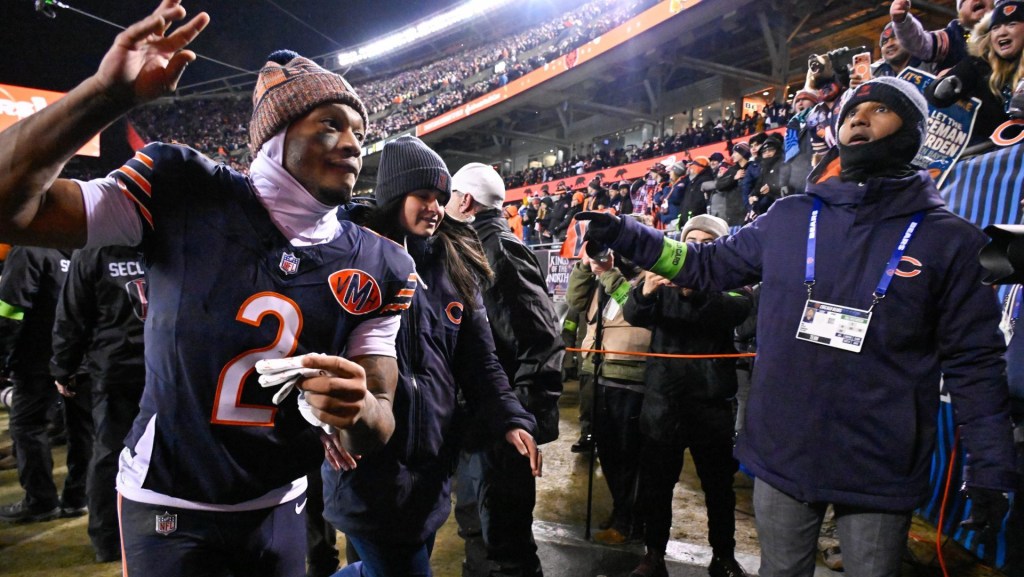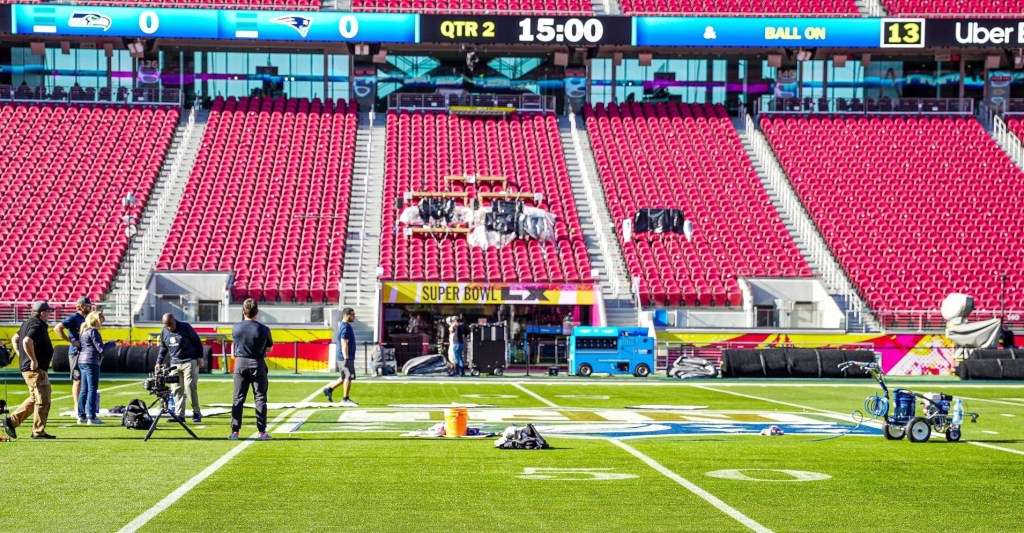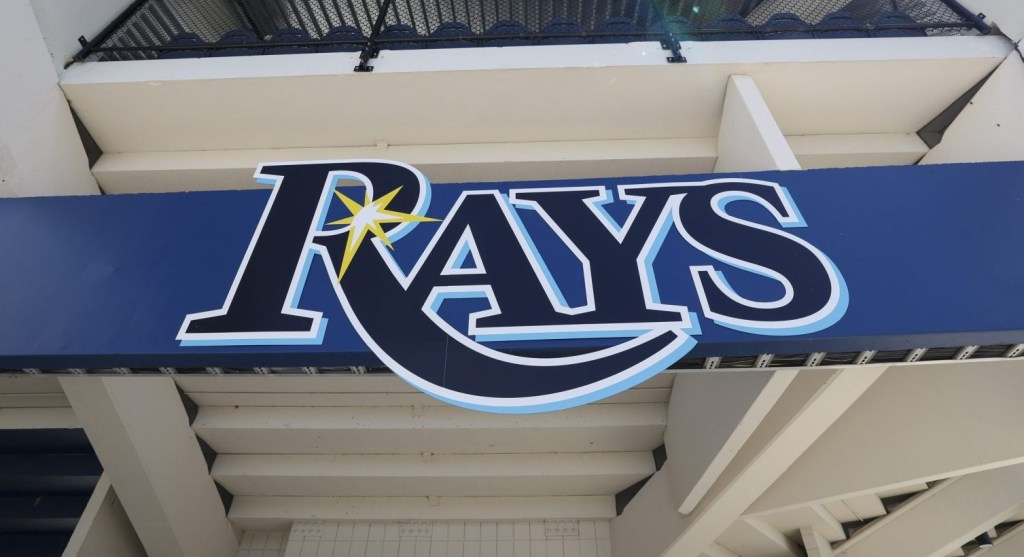In the urgent push to complete the Commanders’ $3.8 billion stadium deal with the District of Columbia as soon as possible, the NFL team has agreed to a series of substantive changes that improve the pact for the public sector.
The Josh Harris–owned Commanders agreed to a series of deal revisions for the project at the RFK Stadium site that will redirect as much as $950 million back to the D.C. over a 30-year period—particularly through venue-related parking and sales taxes and non-game parking revenue that now will flow to the local government. Additionally, a new funding plan will restructure some of the debt financing and save D.C. tens of millions in interest costs.
The changes arrive just before two days of scheduled public hearings on the deal on July 29 and 30. D.C. Council chair Phil Mendelson said Thursday morning he will bring the matter to a full council vote on Aug. 1, just after those hearings. Approval by the full body is now expected, particularly in the wake of the changed deal terms.
“We feel we have a much-improved agreement,” Mendelson said. “It’s clear that the Commanders showed through their negotiations their commitment to the District, and their willingness to consider what’s in the best interest of our citizens.”
The reworked pact additionally includes a specified $50 million in community benefits, with the team helping fund local youth sports programs, and a plan to build about 6,000 housing units on the stadium campus, up from a prior minimum of 5,000. As a result, the overall deal expands materially beyond what was originally agreed to in April. The plan to construct a domed facility at the RFK Stadium site, where the team previously played from 1961 to 1996, remains the single-largest private investment in District history.
The frenetic sprint to complete the stadium agreement arrives as U.S. President Donald Trump last weekend said he wants the Commanders to revert to their prior nickname, and threatened to kill the stadium deal should they refuse. Trump’s power to actually do so remains limited, but his comments appear to have sparked a heightened urgency among the deal principals.
“The team was willing to improve the deal considerably in return for the earlier vote,” Mendelson said.
Widespread Agreement
After staying silent through this week’s nickname saga, the Commanders applauded Mendelson’s latest move.
“Through this process, we’ve seen firsthand how committed our city’s leaders are to building a strong future for the District,” said Commanders president Mark Clouse. “With the Council’s announcement today, the opportunity to bring the team back to its spiritual home and revitalize a critical part of the nation’s capital is now one step closer.”
D.C. Mayor Muriel Bowser, who previously sounded alarms over perceived delays in the approval process, similarly cheered the move to get a council vote scheduled.
“We’re not trading housing for a stadium—we’re using the momentum of the stadium to build more housing,” she said. “It’s a win for our team, our city, and our residents.”
As the Commanders’ situation has developed, other federal officials have pressed D.C. leaders to complete the deal. Rep. James Comer (R., Ky.), chairman of the House Committee on Oversight and Government Reform, wrote to Mendelson last week, imploring him to complete the deal as soon as possible. Comer was a key part of a prior agreement to transfer control of the RFK Stadium property from federal authorities to the D.C. government.
An opening of the new facility remains targeted for 2030.
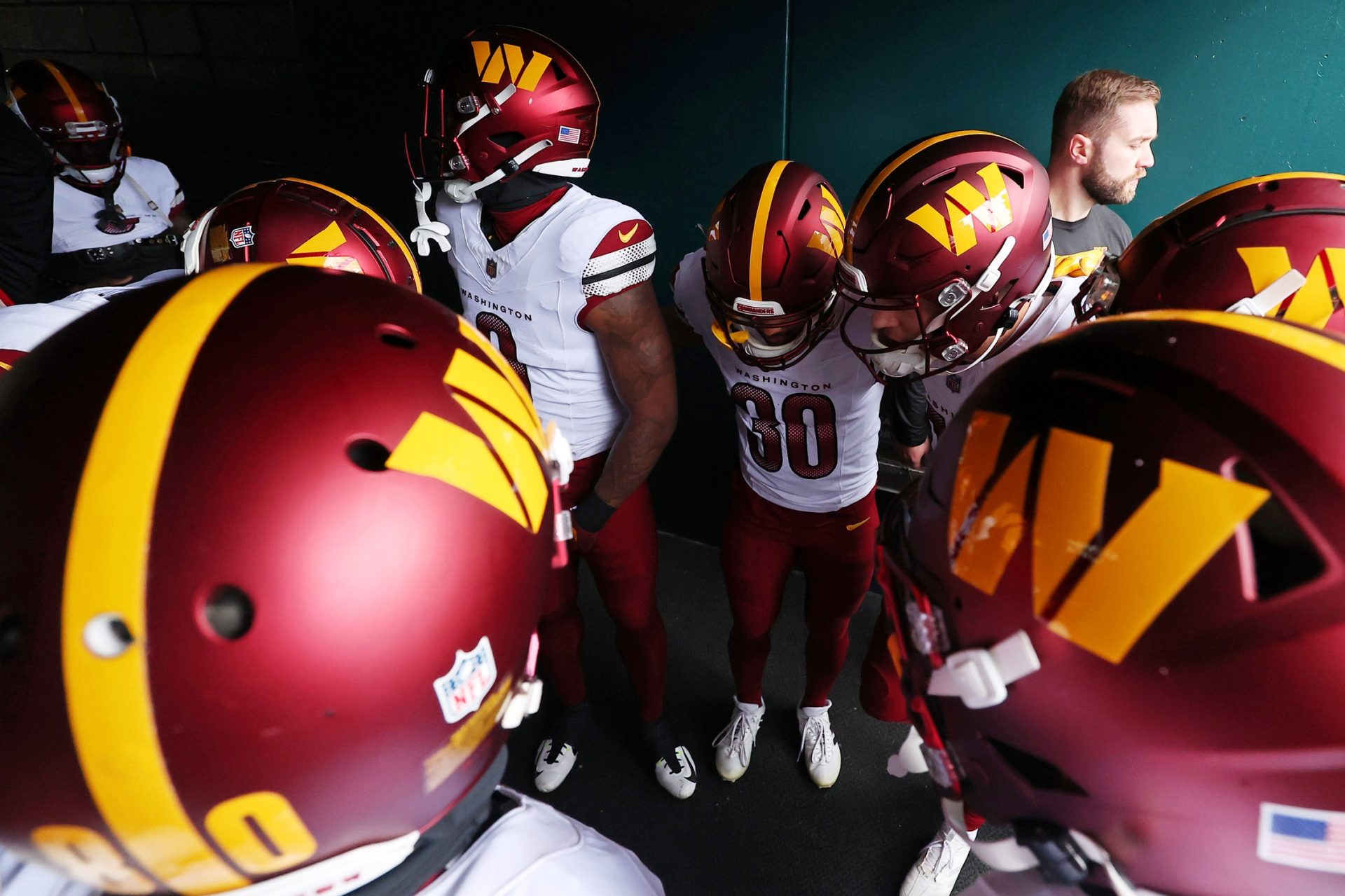
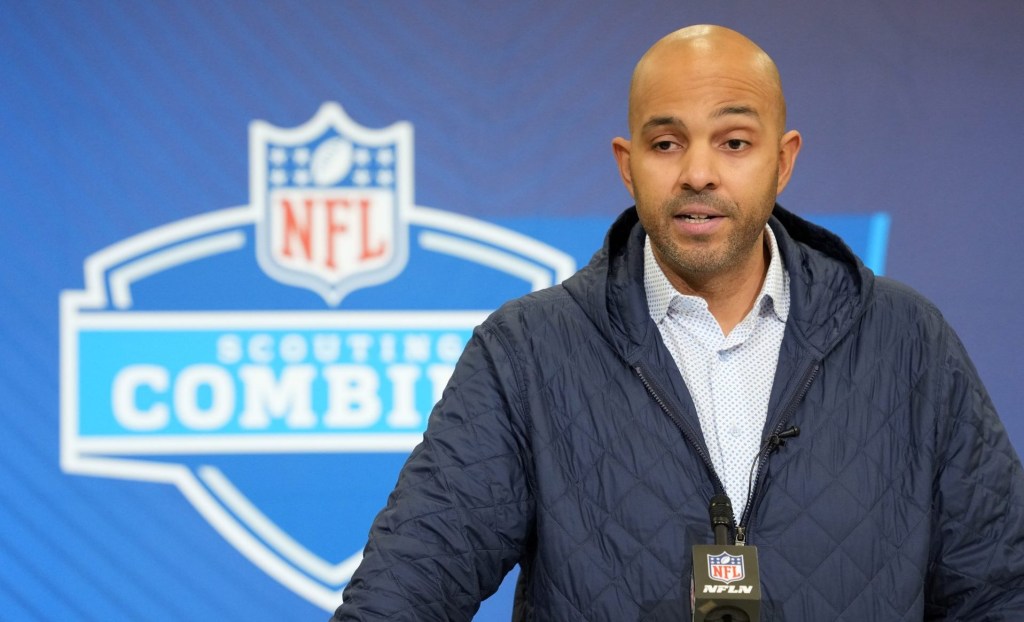
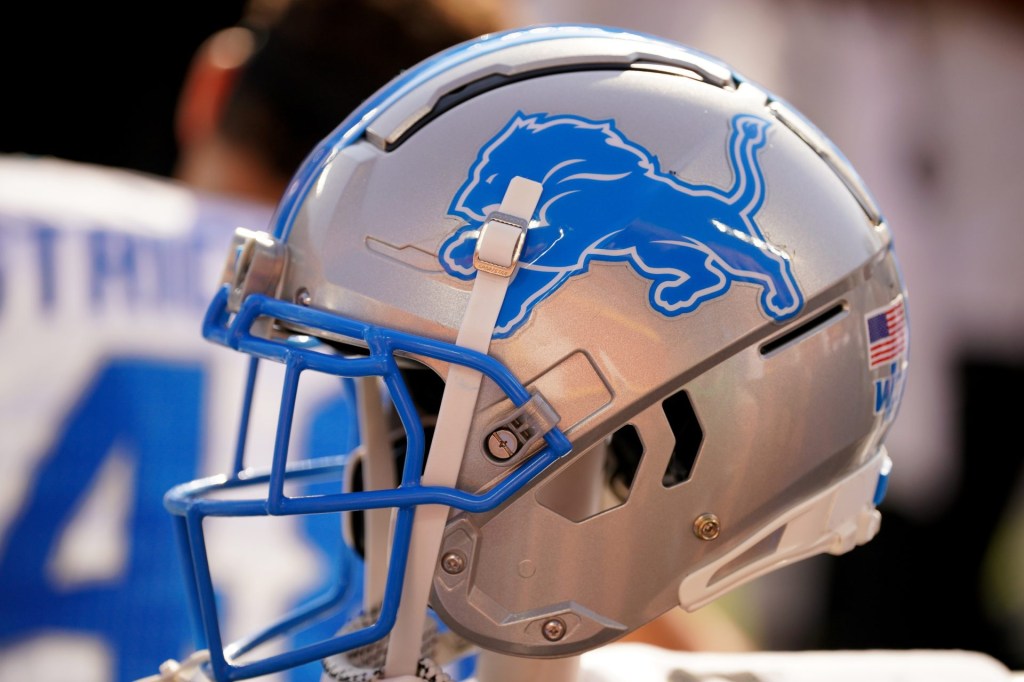
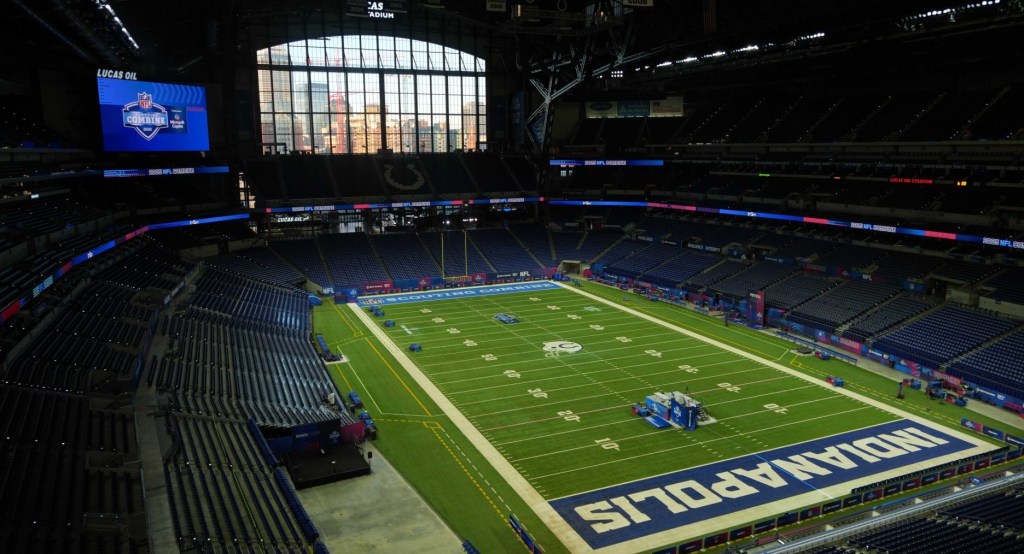
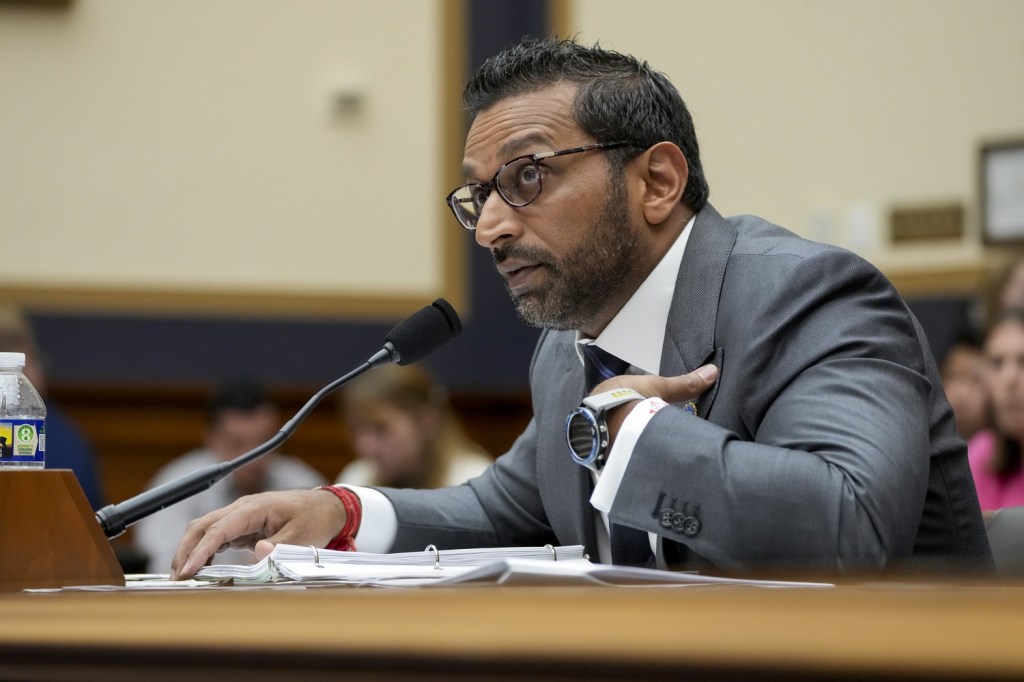
![[Subscription Customers Only] Jul 13, 2025; East Rutherford, New Jersey, USA; Chelsea FC midfielder Cole Palmer (10) celebrates winning the final of the 2025 FIFA Club World Cup at MetLife Stadium](https://frontofficesports.com/wp-content/uploads/2026/02/USATSI_26636703-scaled-e1770932227605.jpg?quality=100&w=1024)




